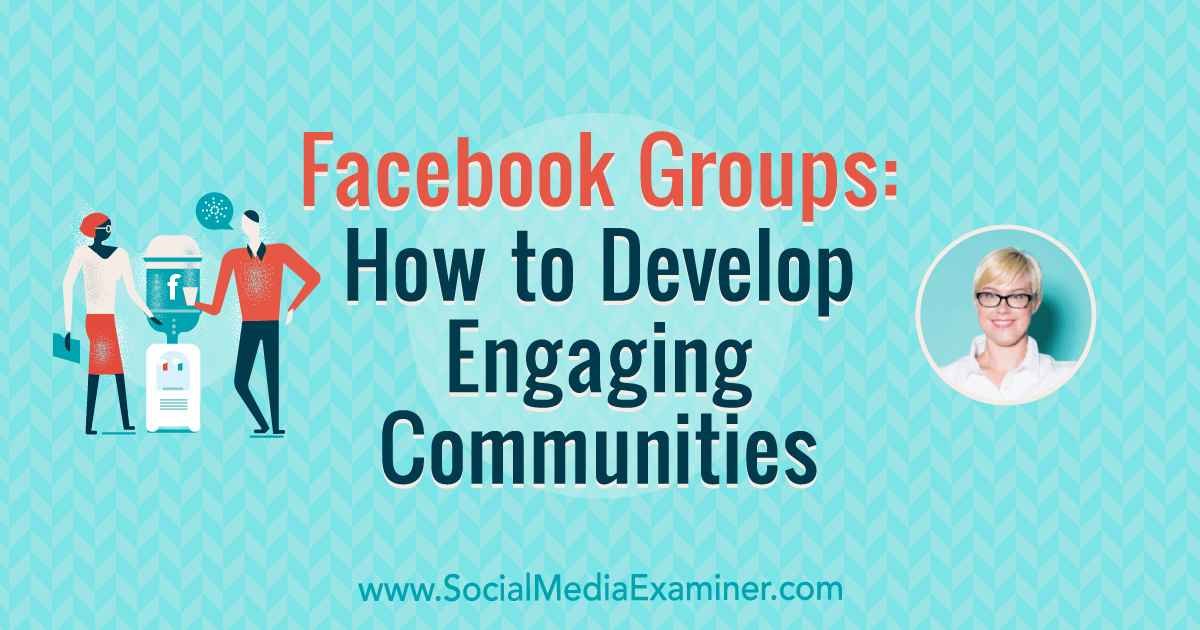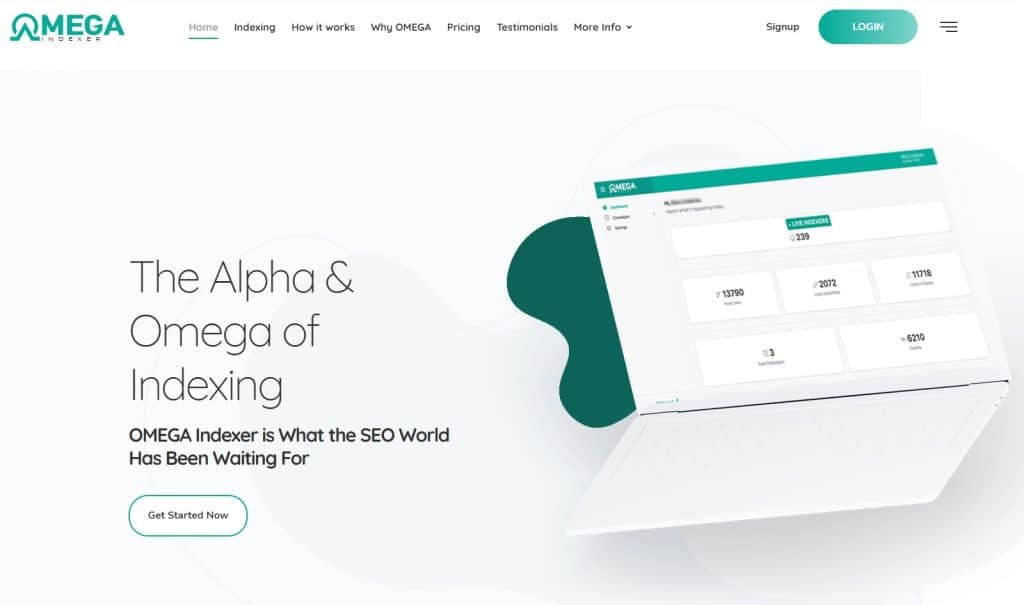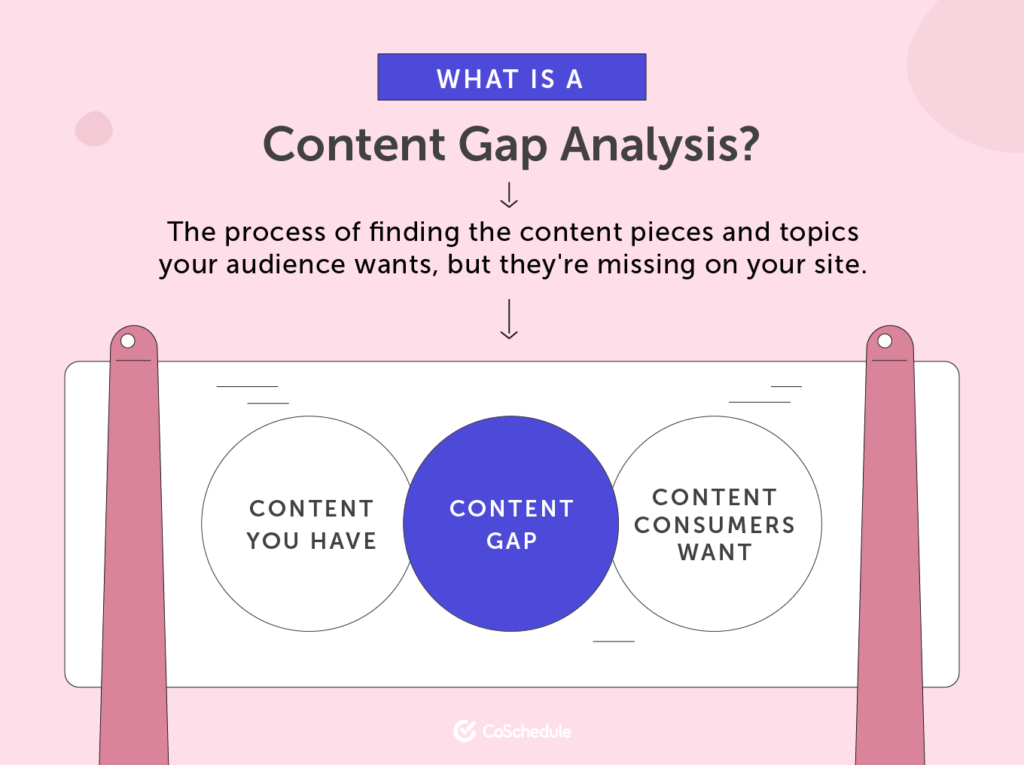In today’s digital world, building an engaged community is crucial for any business or brand to succeed in its marketing efforts. And when it comes to community building, blogging and Facebook groups are two of the most powerful tools at our fingertips. Both have their own set of pros and cons, and choosing the right platform can make or break your strategy. As a seasoned marketer with years of experience in both blogging and Facebook groups, I have seen firsthand the impact of each platform on community building. In this article, we will dive deep into the similarities, differences, and the unique benefits of blogging vs. Facebook groups as tools for building an engaged community. So, whether you are a blogger or a brand looking to build a strong community, this article is for you. Read on to discover the perfect platform for your community building needs.
Blogging
| Key Features | Specifications |
|---|---|
| Allows for longer-form content | – Can have multiple pages with different topics – Typically more detailed and researched content |
| Offers control over branding and design | – Can customize the look and feel of the blog – Can create a unique domain name – Can add advertisements and monetize the blog |
| Great for SEO and driving traffic to a website | – Blog posts can rank in search engines – Can build backlinks from other websites – Can gain a targeted audience by using keywords |
| Can build a loyal following of readers | – Can create an email list and send newsletters – Can include a comments section and engage with readers – Can share blog posts on social media for more visibility |
Facebook Groups: Building an Engaged Community
| Key Features | Specifications |
|---|---|
| Offers a convenient way to connect with like-minded individuals | – Can join groups based on interests or niches – Can message and engage with other members easily – Can share information and ask for advice within the group |
| Can build a sense of community and belonging | – Can create a private or public group – Can moderate the group and avoid spam or negative comments – Can organize events and meetups with group members |
| Allows for more casual and conversational content | – Can share quick updates, questions, and personal stories – Can use multimedia like photos and videos – Can post polls and surveys to engage with group members |
| Can be used for marketing and promoting a business or brand | – Can create a group for customers or fans – Can offer exclusive content or promotions within the group – Can gain insights and feedback from group members |

Blogging vs. Facebook Groups: Building an Engaged Community
Short Description
Blogging is the creation and publishing of content on a website in the form of articles, videos, or other multimedia content. Facebook Groups is a social networking feature that allows users to come together around a shared interest, topic, or cause to discuss and share information. Both can be used to build an engaged community.
Pros and Cons
Blogging
Pros:
– Ownership and control over content and website
– Ability to establish thought leadership and credibility
– Long-form content allows for in-depth exploration of topics
Cons:
– Time-consuming to write and publish blog posts
– Need to invest in website hosting and design
– Limited interaction with readers
Facebook Groups
Pros:
– Easy to create and manage
– Access to a large audience on Facebook
– Interactive and collaborative, allowing for discussion and feedback
Cons:
– Lack of control over content and platform
– May be difficult to keep discussions on-topic
– Dependence on Facebook’s algorithm for visibility
Key Points and Features
Blogging
Key points:
– Can be used to attract organic traffic through search engines
– Requires a consistent publishing schedule to maintain and grow audience
– Can be monetized through advertising or sponsored content
Features:
– Content management system (CMS) for creating and publishing blog posts
– Plugins for search engine optimization (SEO)
– Comment section for reader interaction and feedback
Facebook Groups
Key points:
– Evolves based on member participation and engagement
– Can be used as a marketing tool for businesses or organizations
– Can serve as a source of social support and community building
Features:
– Discussion threads for group members to post questions or share information
– Events functionality for scheduling and promoting meetups and gatherings
– Moderation tools for group administrators to monitor and manage content
Quantitative Measurements and Original Research
According to a survey conducted by Hubspot, businesses that blog receive 126% more lead growth than businesses that do not blog. Additionally, a study by the Pew Research Center found that 52% of Facebook users engage with the platform daily, demonstrating its potential for building an engaged community.
Reasons to Consider or Ignore Each Product
Blogging
Consider:
– If you have expertise or knowledge to share on a topic
– If you want to establish thought leadership in your industry
– If you want to attract organic traffic to your website
Ignore:
– If you do not have the resources (time or money) to invest in website design and hosting
– If you do not enjoy writing or creating content
– If you prefer more immediate feedback and interaction with readers
Facebook Groups
Consider:
– If you have a community or interest group to organize
– If you want to build a network of customers or clients
– If you want to foster discussion and collaboration around a shared interest
Ignore:
– If you are not comfortable giving up control of the platform and content
– If you are not familiar with Facebook or social media
– If you prefer long-form content and in-depth exploration of topics
Suggestions for Potential Users
Blogging
– Create a consistent publishing schedule to build and maintain an audience
– Use SEO best practices to increase search engine visibility
– Engage with readers through comments and social media
Facebook Groups
– Set clear guidelines and expectations for group participation
– Encourage member engagement through discussion prompts and activities
– Monitor and moderate content to maintain a positive and productive community.

Guidelines for Using Blogging vs. Facebook Groups: Building an Engaged Community
Maximizing Your Experience with Blogging vs. Facebook Groups
In order to effectively use Blogging vs. Facebook Groups: Building an Engaged Community, it’s important to understand the unique functionalities of each platform. Follow these guidelines to get the most out of your experience:
Define Your Purpose
Before choosing a platform, define your purpose for building an engaged community. Are you looking to share long-form content and cultivate a thought leadership identity? A blog may be your best option. Are you looking to foster conversations and build personal relationships with members? A Facebook group may be the way to go.
Know Your Audience
Understanding your audience is key to choosing the right platform. If your audience is primarily found on social media and prefers short-form content, a Facebook group may be the better choice. If your audience values in-depth information and commentary, a blog may be a better fit.
Maximize Engagement
Make it easy for your audience to engage with you and with each other. On a blog, enable comments and respond in a timely manner. On a Facebook group, create opportunities for members to initiate and participate in conversations. Foster a sense of community by highlighting member contributions and encouraging engagement through polls, questions, and challenges.
How To About Blogging vs. Facebook Groups: Building an Engaged Community You Need To Know
1. How to choose between blogging and Facebook Groups to build an engaged community?
Answer:
To choose between blogging and Facebook Groups to build an engaged community, you need to consider your target audience, communication preferences, and content management capabilities. If your audience prefers to interact through social media, Facebook Groups can be the best way to build an engaged community. However, if you prefer to have more control over your content and design, blogging is the best option.
2. How to create an engaging blog post to attract your target audience?
Answer:
To create an engaging blog post to attract your target audience, you need to follow these steps:
1. Identify your target audience and their interests.
2. Research and choose a trending or evergreen topic related to your audience’s interests.
3. Craft a captivating headline that grabs your audience’s attention.
4. Write compelling content that offers value and actionable insights to your audience.
5. Include relevant images and videos to make your content more engaging.
6. Optimize your blog post for SEO to increase its visibility and reach.
3. How to create a Facebook Group to build an engaged community?
Answer:
To create a Facebook Group to build an engaged community, follow these simple steps:
1. Sign in to your Facebook account and click on the ‘Create’ button on the top right corner of the page.
2. Choose ‘Group’ from the dropdown menu and select the type of group you want to create.
3. Give your group a name, add a cover photo, and enter a description that tells your audience what your group is all about.
4. Choose the privacy settings you want for your group (public, closed, or secret) and invite your friends or members to join.
5. Post engaging content, ask questions, and encourage members to interact and share their thoughts and opinions.
4. How to promote your blog or Facebook Group to attract more members?
Answer:
To promote your blog or Facebook Group to attract more members, follow these steps:
1. Use social media platforms to share your blog posts, invite people to join your Facebook Group, and encourage them to share your content.
2. Collaborate with other bloggers or Facebook Groups in your niche or related niches to cross-promote each other’s content.
3. Offer incentives or rewards, such as giveaways or exclusive content, to motivate people to join and engage with your community.
4. Optimize your content for SEO to rank higher on search engines and attract more organic traffic.
5. Attend or organize events, webinars, or workshops in your niche to network with like-minded people and promote your blog or Facebook Group.
5. How to manage an engaged community on blogging or Facebook Group?
Answer:
To manage an engaged community on blogging or Facebook Group, you need to follow these steps:
1. Set clear guidelines or rules for your community, such as no spamming, no hate speech, or no self-promotion.
2. Monitor your community regularly for any violations or inappropriate behavior and take action accordingly, such as warning, muting, or banning.
3. Encourage members to share their feedback, suggestions, and ideas to improve your community and make them feel heard.
4. Reward or acknowledge members who are active, helpful, or contribute positively to your community.
5. Offer value and timely responses to members’ questions, concerns, or requests to maintain their trust and loyalty.
Frequently Asked Questions (FAQs) for Blogging vs. Facebook Groups: Building an Engaged Community
1. What are the benefits of blogging over building a Facebook group?
Blogging allows you to establish authority in your niche and build credibility with your audience. It also gives you complete ownership and control over your content and platform. On the other hand, building a Facebook group can provide a sense of community and connection with your audience, and it allows for more immediate and interactive communication. However, Facebook’s algorithms and policies can limit your reach and impact, and you may be at risk of losing control over your group if you violate their guidelines.
2. Which one is better for SEO: a blog or a Facebook group?
A blog is generally better for SEO because it allows you to optimize your content and structure your website in a way that is more search engine-friendly. With a blog, you can target specific keywords, use meta tags, and interlink your posts to improve your rankings. Facebook groups, on the other hand, are not searchable by search engines and don’t provide the same level of SEO benefits as a blog.
3. How can I leverage both blogging and Facebook groups to build an engaged community?
You can use your blog to create high-quality content that attracts and educates your target audience. You can then share your blog posts on your Facebook group and use it as a platform to engage with your audience, answer their questions, and encourage discussions. By combining the authority and credibility of a blog with the community and interaction of a Facebook group, you can create a powerful and engaged audience that trusts and supports your brand.
4. How often should I publish new content on my blog and Facebook group?
For a blog, it’s recommended to publish high-quality, informative content consistently, ideally on a regular schedule (such as once a week or twice a month). For a Facebook group, it’s important to be active and engage with your members regularly, but the frequency of updates will depend on your niche and audience. It may be helpful to establish some guidelines or expectations for your group members, such as a specific topic or theme for each day of the week, to encourage ongoing participation and interaction.
5. What are some best practices for building an engaged community through blogging and Facebook groups?
Some best practices include: consistently creating high-quality content that provides value to your audience, engaging with your audience in an authentic and personal way, encouraging participation and discussion, moderating your Facebook group to ensure a positive and supportive environment, and regularly promoting your blog and Facebook group through social media and other channels.
In the world of online community building, blogging and Facebook groups are both powerful tools for building engaged audiences. However, as we have explored in this article, they each have their unique strengths and weaknesses. While blogging allows for more control and ownership over your content, Facebook groups offer a more immediate and social way to connect with your audience.
Ultimately, the choice between these two methods of community building will depend on your goals and the specific needs of your audience. If you are looking to establish yourself as an authority in your niche and build a long-term brand, blogging may be the way to go. On the other hand, if you want to quickly build and engage with a community of like-minded individuals, Facebook groups can offer a fast and effective solution.
Regardless of which approach you choose, it is essential to put in the work to build an engaged community. Whether through blog posts, consistent social media presence, or regular group interactions, it is the connection and engagement with your audience that will ultimately lead to success. So, choose your approach wisely, and always keep your focus on fostering meaningful relationships and connections with your followers.

One of the Top SEO Consultants In Bangladesh. In 7 years of my career, I have worked with more than 80 brands & uncountable love from my SEO clients. To provide SEO service I have an in-house SEO team.




